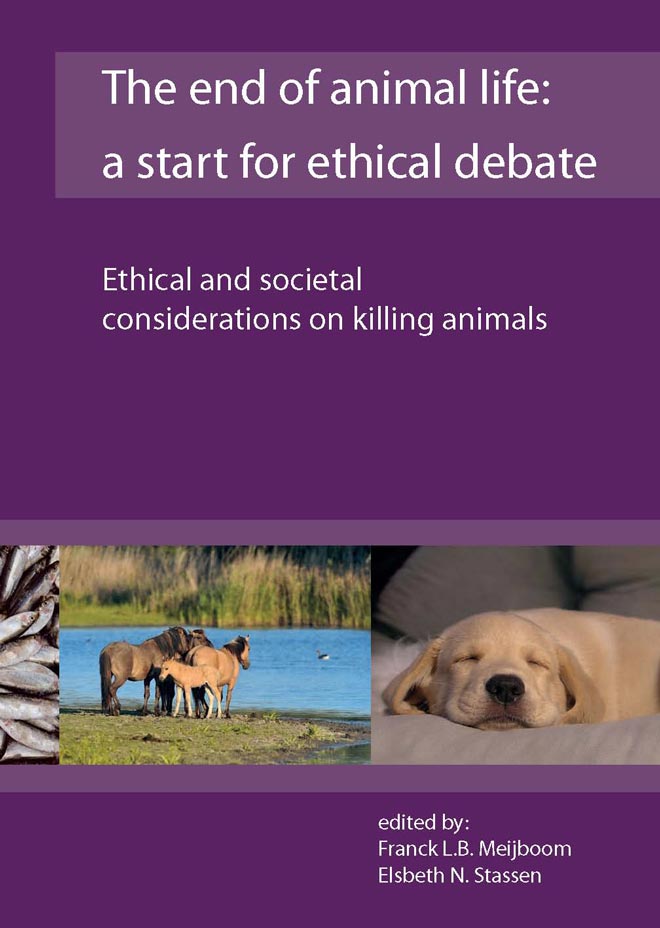Agricultural Practices and Animal Welfare
Intensive farming techniques have led to concerns about animal welfare. Livestock animals are often confined in small spaces and subjected to practices like artificial insemination to maximize profits. Cows are repeatedly impregnated through non-consensual insemination so they continuously produce milk, while male calves may be separated from their mothers shortly after birth and raised separately for veal. Chickens are densely packed into barns and experience limited mobility and social interaction. While farmers argue this is necessary for affordable food production, critics argue it causes undue stress and suffering. There are also questions around the humane treatment of animals during transportation and slaughter. Overall, the prioritization of production over welfare has led many to advocate for more compassionate and sustainable agricultural models.
/arguments-for-and-against-zoos-127639-final-dc01cbfa730542f18444b0d9da515b02.png)
Cultural Traditions vs. Ethical Considerations
Certain cultural traditions and holidays involve the use of animal products that some argue are unethical. For example, Thanksgiving in the United States traditionally centers around turkey. However, many turkeys are intensively farmed in crowded conditions. While not all view turkeys as companion animals worthy of the same protections as dogs or cats, some argue the sentience and capacity for suffering in turkeys deserves compassionate treatment. Similar debates emerge around other traditions like lamb consumption during Easter. Drawing ethical lines around the use of certain species is complex, as perspectives can vary greatly depending on cultural lens, individual values, and understanding of animal cognition and welfare.
Achieving Consistency in Views on Animal Ethics
Those advocating for animal rights or welfare perspectives often encounter inconsistencies in how others apply ethics around animal use. For example, one cannot logically argue it is wrong to eat dogs while accepting industrial cattle farming practices. Either all sentient animal life deserves basic ethical consideration or species should not determine moral worth. Similarly, it is difficult to defend consuming meat but opposing animal testing on ethical grounds without acknowledging comparable interests in avoiding harm across species. Achieving consistency requires acknowledging our ancestral dependence on animal products while advocating for the most humane standards possible as society progresses. Open and respectful debate helps identify logical inconsistencies and move discussions forward in a principled manner.
Rethinking the Human-Animal Relationship
Views of nonhuman animals as mere commodities appropriate for unlimited human domination have increasingly been challenged. A growing body of scientific research shows many species possess rich emotional lives and cognitive abilities previously attributed only to humans and other primates. This indicates nonhuman animals may experience the world in deeper ways than traditional views assumed. Such findings call us to re-examine assumptions around human exceptionalism and reconsider the human-animal relationship based on shared capacities for sentience and suffering rather than arbitrary species lines. While humans have basic needs requiring animal products, prioritizing maximum profits without fair treatment disregards our ethical responsibilities towards other sentient beings. Striking a balanced approach respectful of all life deserves open and ongoing discussion.
Moving the Debate Forward Constructively
These complex issues understandably evoke strong passions on all sides. However, accusing others or making broad generalizations typically hinders constructive progress. Everyone likely acknowledges room for improvement in some areas of animal ethics while disagreeing on others. A balanced exchange of perspectives and facts, free of hostility or assumptions, allows identifying common ground and understanding different views more fully. Agreement may never be universal, but respectful debate can shift cultural norms and steer discussions towards more compassionate and logically consistent positions over time. An openness to learn from scientific findings and reconsider preconceptions, coupled with non-judgment of individuals, represents the most promising path forward in this nuanced debate with no easy answers.
Future Solutions May Emerge from Shared Commitment to Ethics
Continued discussion and willingness to re-examine beliefs will be needed to make steady improvements. While some advocate radical changes, more moderate reforms increasing welfare standards and transparent sourcing could gain broader support if pursued respectfully. Scientific advances may also offer alternatives to certain practices. Cultured meat technology, for example, could potentially address concerns around industrial livestock farming by providing meat without the same ethics criticisms. An overlapping commitment to ethical treatment, environmental sustainability and human health across perspectives lays the foundation for workable solutions emerging through cooperative efforts instead of hostility. With care, understanding and compromise, progress securing better lives for animals and people alike can be made.

 Living in Shanghai as an Expat: Risks, Safety Tips and Insider Perspectives
Living in Shanghai as an Expat: Risks, Safety Tips and Insider Perspectives